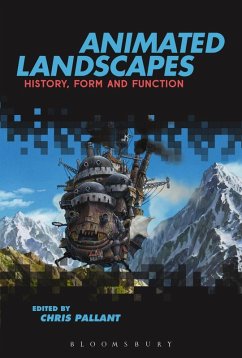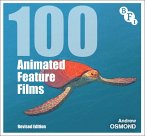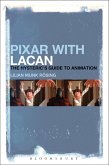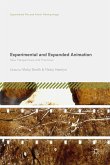Winner of the 2017 McLaren-Lambart Award for Best Book on the Subject of Animation
Studying landscape in cinema isn't quite new; it'd be hard to imagine Woody Allen without New York, or the French New Wave without Paris. But the focus on live-action cinema leaves a significant gap in studying animated films. With the almost total pervasiveness of animation today, this collection provides the reader with a greater sense of how the animated landscapes of the present relate to those of the past. Including essays from international perspectives, Animated Landscapes introduces an idea that has seemed, literally, to be in the background of animation studies.
The collection provides a timely counterpoint to the dominance of character (be that either animated characters such as Mickey Mouse or real world personalities such as Walt Disney) that exists within animation scholarship (and film studies more generally). Chapters address a wide range of topics including history, case studies in national contexts (including Australia, Japan, China and Latvia), the traversal of animated landscape, the animation of fantastical landscapes, and the animation of interactive landscapes. Animated Landscapes promises to be an invaluable addition to the existing literature, for the most overlooked aspect of animation.
Studying landscape in cinema isn't quite new; it'd be hard to imagine Woody Allen without New York, or the French New Wave without Paris. But the focus on live-action cinema leaves a significant gap in studying animated films. With the almost total pervasiveness of animation today, this collection provides the reader with a greater sense of how the animated landscapes of the present relate to those of the past. Including essays from international perspectives, Animated Landscapes introduces an idea that has seemed, literally, to be in the background of animation studies.
The collection provides a timely counterpoint to the dominance of character (be that either animated characters such as Mickey Mouse or real world personalities such as Walt Disney) that exists within animation scholarship (and film studies more generally). Chapters address a wide range of topics including history, case studies in national contexts (including Australia, Japan, China and Latvia), the traversal of animated landscape, the animation of fantastical landscapes, and the animation of interactive landscapes. Animated Landscapes promises to be an invaluable addition to the existing literature, for the most overlooked aspect of animation.









